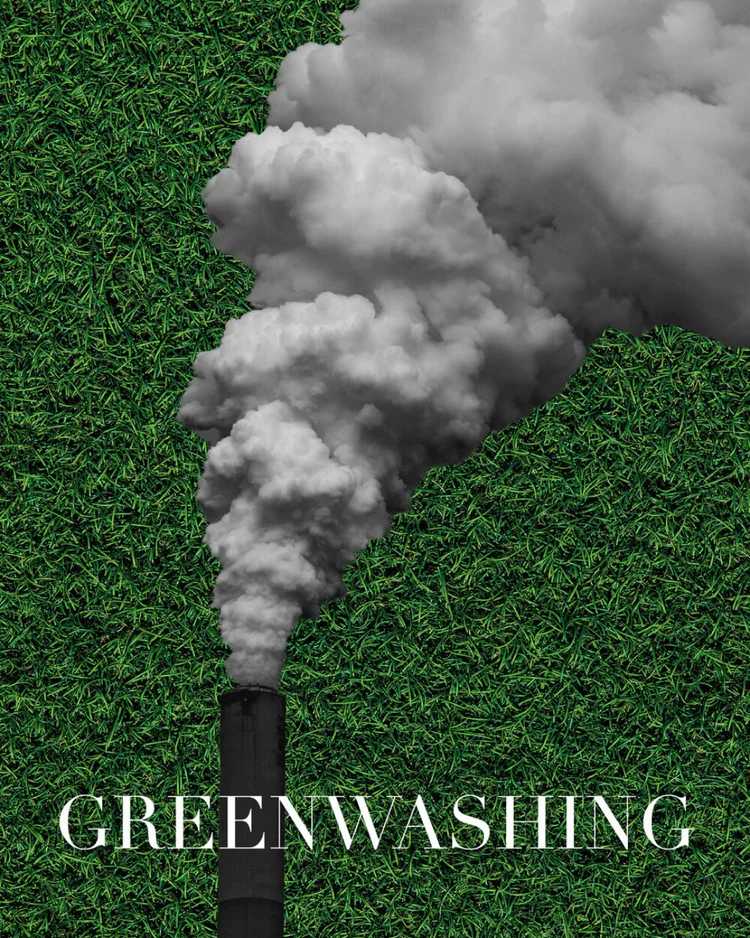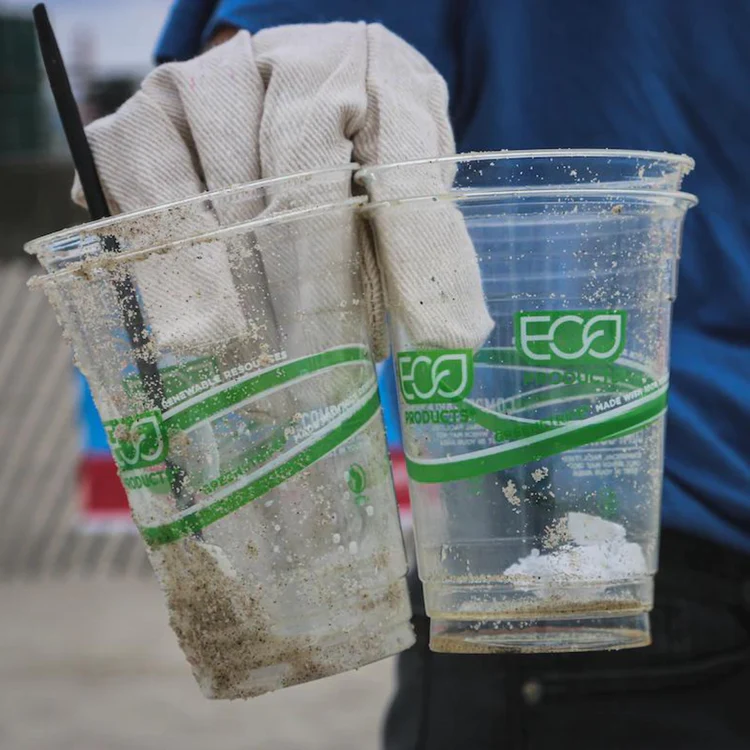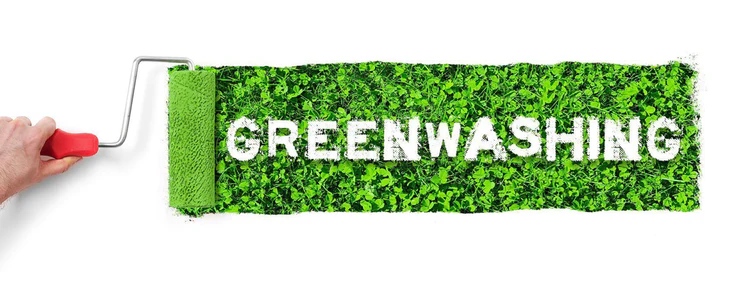The Problem with Greenwashing in the Fashion Industry

37% of consumers surveyed have chosen to shop with brands that have ethical practices and values
Shopping more sustainably across all areas of our lifestyles seems to be becoming more and more of a priority for a lot of people. In March 2022 Deloitte conducted a survey that found 37% of consumers surveyed have chosen to shop with brands that have ethical practices and values, a 7% point increase from the same survey conducted in 2021. Within this category 42% of UK adults said this included shopping for clothing and footwear.
In the 2021 Global Sustainability Study by Simon-Kucher & Partners, a third of global consumers said they would be willing to pay more for a more sustainable product, with younger consumers being the most active in taking steps towards living more sustainably.
The familiar term ‘greenwashing’ was coined in 1986 by environmentalist Jay Westerveld
It’s clear that there is a demand for more sustainable shopping choices, that consumers want to be the agents of change, demanding action from companies towards more environmentally friendly production. Unfortunately, this can also affect the way the products we buy are marketed to us. The familiar term ‘greenwashing’ was coined in 1986 by environmentalist Jay Westerveld but is still abundantly used today to refer to companies who falsely promote their environmental efforts, in an effort to get consumers to believe they are more planet friendly than they really are. It can come in all shapes and forms, from slightly misleading labelling on egg cartons to fossil fuel companies spending millions on campaigns showing how “green” they are.
The issue with greenwashing is that not only does it convey false claims of environmental consciousness, but it can also result in mistrust from consumers, having a negative impact on brands whose claims are accurate and truthful. It can be hard to tell what is greenwashing and what is genuine marketing. Key indicators can be vague wording, buzz words, images of nature with no relation to the company or product, or when only a few out of several products is marketed as ‘eco friendly’. Getting to the bottom of whether a companies claims are false or not can often take a lot more digging than simply looking at their marketing and products.
Instead of having to do all the homework ourselves we rely on regulatory bodies to make sure we are not being mislead or misinformed, such as The Competition and Markets Authority (CMA) – a UK government regulatory body – who is cracking down on environmental and sustainability claims. That being said, it’s certainly not a bad idea to do a bit of extra research into a company if you’re considering making a large purchase from them. The CMA have also developed the Green Claims Code – which sets out 6 key points to check environmental claims are genuinely green. You can even take the quiz yourself, some of the answers are not as obvious as you may think.


Green washing in the fashion industry is wide and varied, it can exacerbate issues we already see with the rise of fast fashion. Such as, trends taking off in a matter of hours, viral must have products, celebrity/influencer endorsed products, all buying motives that are designed to put profit first. Big fashion brands have been called out for greenwashing in the past, including the CMA’s most recently launched investigation into ASOS, Boohoo and George at ASDA for green claims.
When the fashion industry is able to get away with misleading green claims, it allows the damaging cycle of pollution, waste, unsafe working conditions, unfair wages and carbon emissions to continue. The consumer is left none the wiser, believing they have made an informed choice that will benefit the planet, and so the fashion industry is able to continue to fly under the radar.
As the consumer, you have the power to challenge and change this, so how can you protect yourself from fashion greenwashing?
– Check the label – is your item really recycled or is it just a small percentage of the fabric composition? Does is have any accreditations such as GOTS (Global Organic Textile Standard) or GRS (Global Recycled Standard)
– How is it packaged? Has the company claiming to sell you an eco-friendly dress sent it to you in a plastic or non-recyclable bag? This could show that they’re not really serious about their environmental claims.
– Does it feel like good quality? Many fast fashion items are not designed to last, they’re designed to be on trend and to make their way through the production line as quickly as possible. Items that are not durable end up in landfill and contribute to the waste and pollution crisis.
– Go with your gut, if it doesn’t feel right or like something isn’t quite adding up with this company then you’re probably right. Do some more digging, contact them to learn more about their sustainability practices, or take your purchasing power to a company whose credentials you trust.
Greenwashing is going to stick around, but with consumer demand and action from regulatory bodies we can take action against the trend of misinformation in the name of profit.

Written by
Alice Tomkins
References
https://www2.deloitte.com/uk/en/pages/consumer-business/articles/sustainable-consumer.html
https://www.gov.uk/government/news/asos-boohoo-and-asda-investigated-over-fashion-green-claims
https://earth.org/greenwashing-companies-corporations/
https://dictionary.cambridge.org/dictionary/english/greenwash

